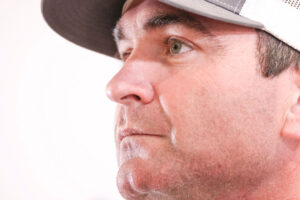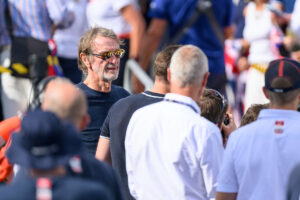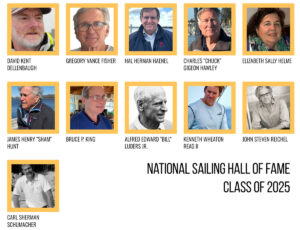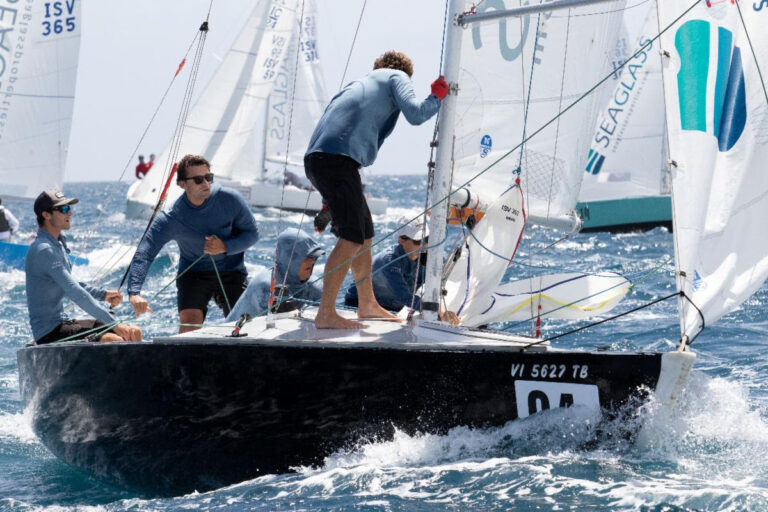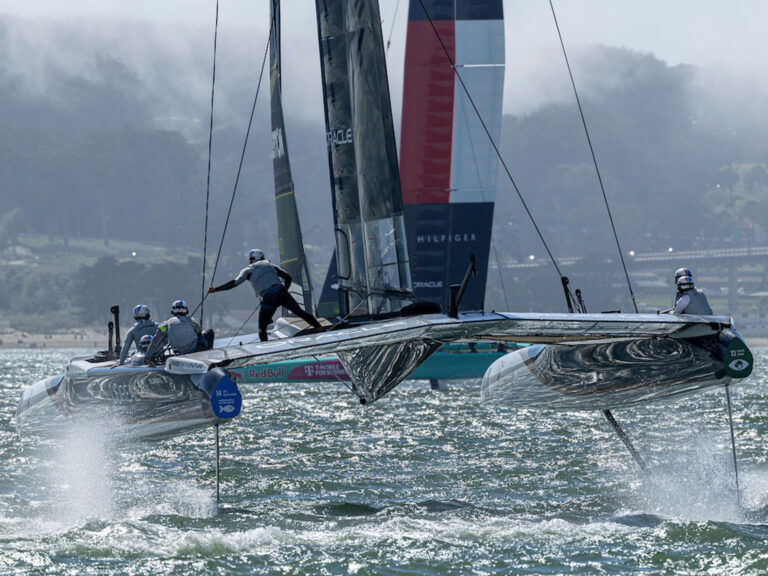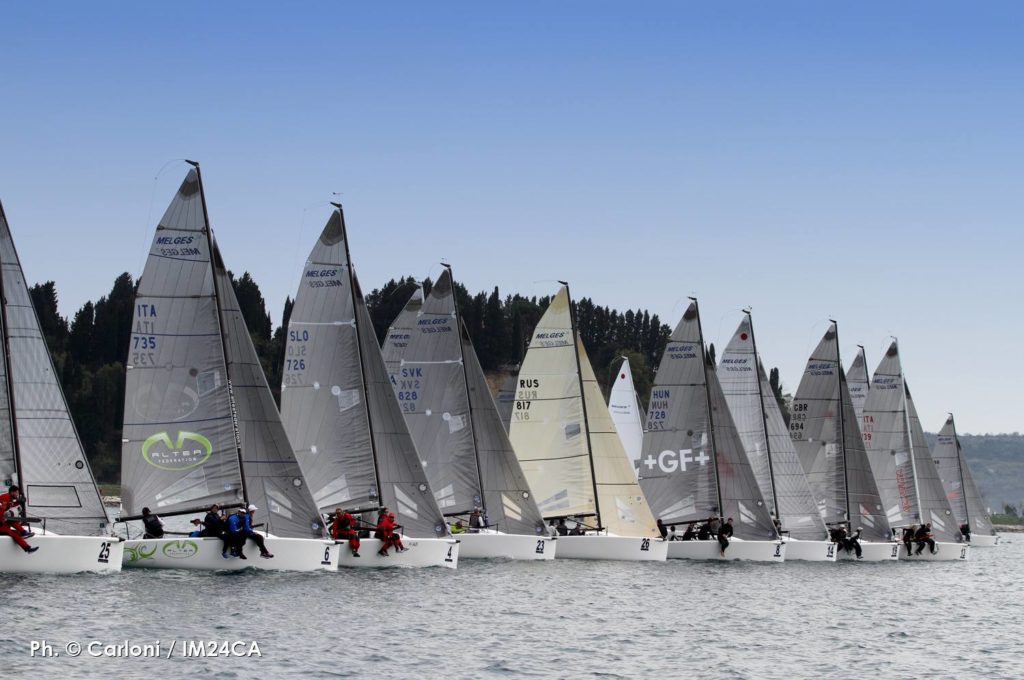
Lately, it’s seemed like the Melges 24 class, now over 20 years old, has been overshadowed by the sudden influx of new sport boat designs. While European events for the class continue to roll up big numbers, U.S. events have averaged only 30 to 40 boats, and even the last world championship, held in San Francisco in 2013, attracted a modest 65 boats. But, if preregistration numbers for the upcoming world championship in Miami this November are any indication, the class may be on the verge of a big uptick. As of late April, 120 boats were registered, with more than 75 of those from North America. “We’re hoping to break the record of 129 boats set in Garda four years ago,” says event organizer Petey Crawford. And it appears that may happen.
Why the resurgence of a boat designed over two decades ago, one that has been continually challenged by a large number of new and highly promoted sport-boat designs? There’s no single reason; rather, each one is part of a jigsaw puzzle that, when assembled, is the image of a class on the rise. Within that are lessons for any class striving to maintain or reclaim its place in the rapidly shifting one-design world. One piece was the selection of an optimal location. “Miami is more centrally located for U.S. sailors and easier to get to for the guys from Europe,” says Andy Burdick, President of Melges Performance Sailboats. Plus, as Steve Boho, U.S. Melges 24 Class Association President, points out, “There’s so much to do in Miami.” And the biggest draw? “Sailing these boats on the open ocean,” says Crawford.
Another piece is that the class has made a significant nod to grass-roots teams—Corinthian sailors—with two key rule changes, demonstrating the 24’s ability to adapt to the times. The first was shortening the stanchions, making hiking a little more comfortable. On the surface, that may not seem like a big deal, but according to Burdick, “That’s probably been the best and biggest change this class has seen.” However, don’t mistake that for “dumbing down” a really athletic boat. Boho claims that the lower stanchions have actually made the boat sail better. “The righting moment is even more aggressive with the lower stanchions,” he says. The second change occurred a few years ago when the weight limit was raised from 793 to 827 pounds. “That allowed the boat to be sailed a little more comfortably with five people,” says Roho. You can now sail with a quintet that averages 165 pounds each, making it easier to find crew and stay under the maximum weight limit. Have the changes worked? Crawford estimates that, of the first 110 boats registered for the worlds, around 75% are Corinthian teams.
Finally, the class leadership has put a lot of boots on the ground to promote this event. With Crawford as designated event organizer and a legion of people in leadership positions, they’ve made it clear the Miami worlds is a Haley’s Comet of sorts—an event no self-respecting Melges 24 sailor would want to miss. “There has been a lot of work behind the scenes by lots of people within the class,” says Boho. Finally, he also points to a couple of marquee events that give Melges 24 sailors a preview of what to expect at the worlds—the Miami Invitational and Melges Madness. “Those will give them a little taste of how awesome this boat is in those conditions.”
With the phrase “Catch the Wave in Miami” capturing the spirit of the event, Boho says “the whole idea is to getting the grass-roots folks in this country excited about it and getting them signed up.” With the level of interest generated so far, that wave will likely be a big one.

